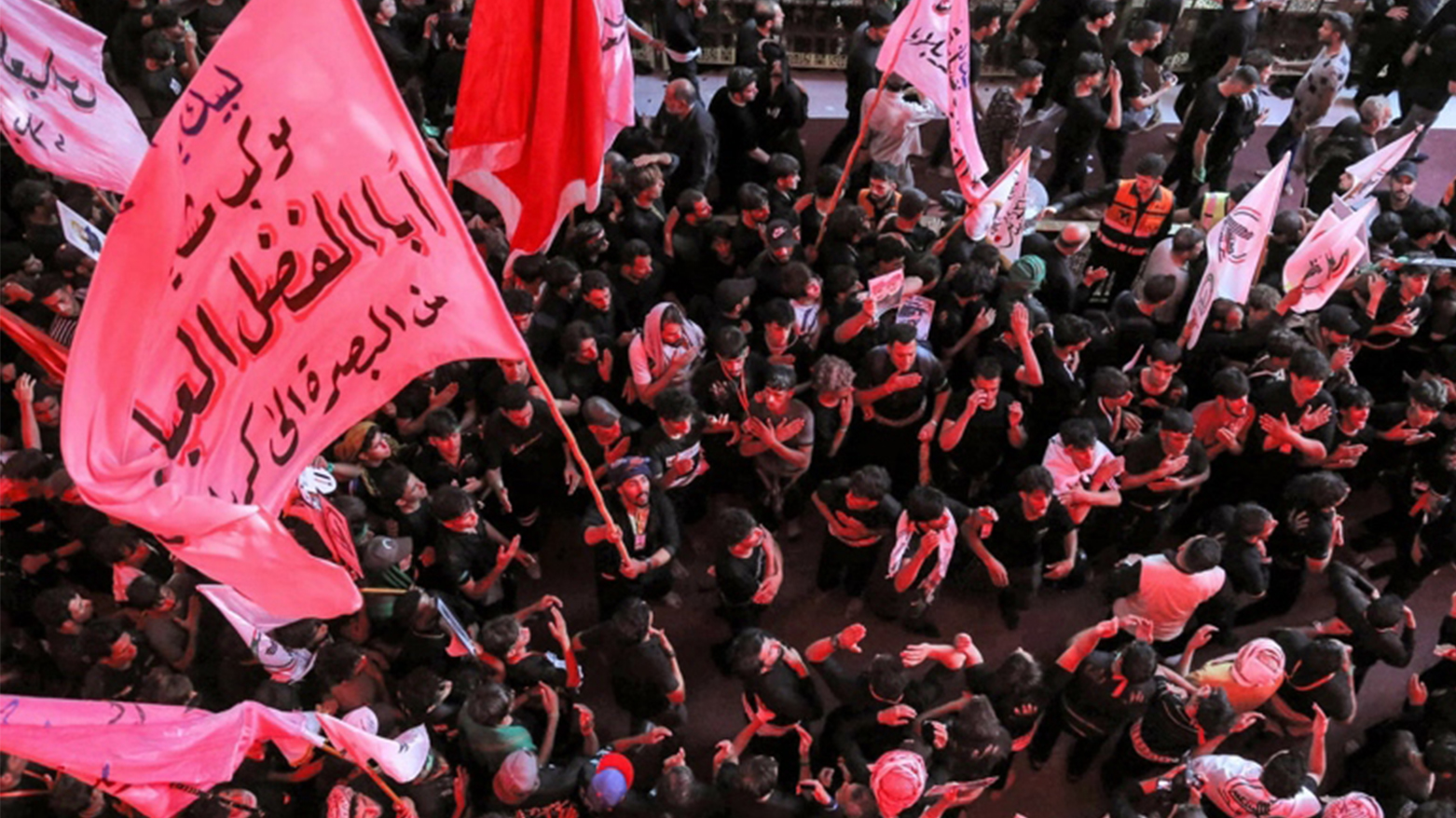Shia pilgrims arrive at Haji Omaran border crossing

ERBIL (Kurdistan 24) – The head of the Soran independent administration, Halgurd Sheikh Najeeb, told Kurdistan 24 on Saturday that Shia pilgrims are visiting their holy places in southern Iraq through the Haji Omaran border crossing for the second consecutive year.
Najeeb also revealed that when they met with the Iranian interior minister and Urmia's governor, they expressed gratitude to the Kurdistan Regional Government (KRG) for hosting the pilgrims.
Meanwhile, he stated that a number of committees have been formed by the KRG to welcome pilgrims, and this year's preparations have been improved upon the shortcomings of last year.
“As compared to last year, the number of pilgrims visiting this year has increased, and they are very satisfied with the welcome,” Najeeb said and noted that the Barzani Charity Foundation provided food, accommodation, and buses for the pilgrims.
Iranian Deputy Interior Minister Seyed Mohammad Mir Ahmadi visited the Haji Omarani border crossing today and thanked the KRG authorities for their assistance.
Kurdistan 24 correspondent Tayfour Muhammad reported in Soran independent administration on Saturday that pilgrims had arrived at the Haji Omaran border crossing according to an agreement between the Iranian side and the KRG to accommodate the Arbaeen pilgrims.
From there, they moved on to other Iraqi cities, Muhammad added.
Observed forty days after Ashura, Arbaeen is a major Shia religious holiday.
Arbaeen commemorates the life and martyrdom of Imam Hussein, who was the grandson of the Prophet Muhammad and a central figure in Shia Islam.
Shia Muslims believe Imam Hussein and his 71 followers were killed by the army of Ubayd Allah ibn Ziyad in the year 680 CE in Karbala, Iraq, making the city an annual destination for more than 20 million Shia pilgrims annually.
